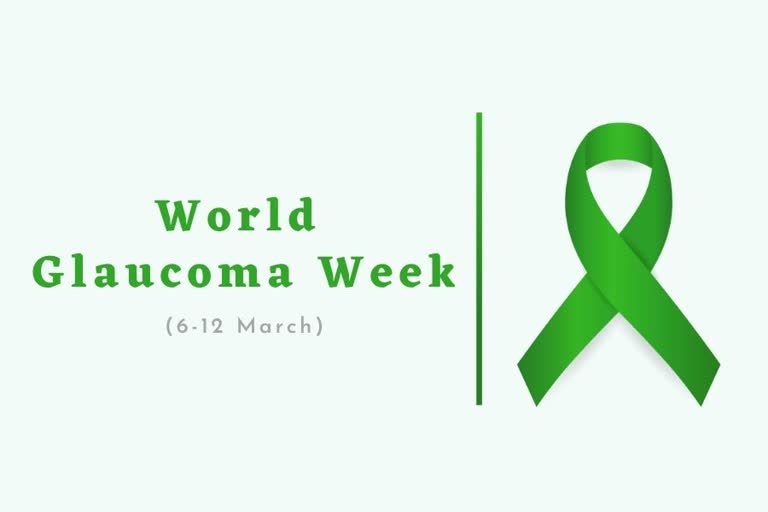Glaucoma is a public health issue of major concern globally as it is the second leading cause of vision loss after cataract, said Dr. Virat, eye specialist at Lok Nayak Jayaprakash Hospital. In India, glaucoma is the leading cause of irreversible blindness with at least 12 million people affected and nearly 1.2 million people blind from the disease. More than 90 percent of cases of glaucoma remain undiagnosed in the community.
Dr. Rajesh Vukkala, MD (General Medicine), Consultant Physician at VINN Hospital, Hyderabad explains that Glaucoma is about the building pressure inside the eye. The Intraocular pressure (IOP) buildup can be because of different reasons and one of them includes blockage of vessels inside the eye. There is always a circulation of the fluid in the eyes which if gets blocked causes the buildup of the pressure, which later pressurizes the nerve of the eye and leads to loss of vision.
Drug defaulter, discontinuing the medication without consulting a doctor, is the prime reason why we are losing the battle against glaucoma despite the timely diagnosis, said Dr. Vineet Sehgal, a Delhi-based senior eye specialist. He said that glaucoma or Kala Motiya is a neurodegenerative disease of the second cranial nerve, the optic nerve.
"Glaucoma is symptomless in the early stage as there is no pain and no visual drop. Being a silent disease, it works like slow poison for your eyes. Patients with glaucoma are not reminded by symptoms of the disease regarding the importance of taking prescribed medication which leads to poor adherence to medication and worsens the disease," said Vineet.
Talking about the irreversible nature of glaucoma, he added that patients have to realise medication can only prevent glaucoma and not reverse it. He said that due to the heavy expenses of glaucoma medication, sometimes patients discontinue the medicines which also contributes towards an advanced level of vision loss.
"Sometimes some anti-glaucoma medications can give rise to redness of eyes or dark circles around eyes which become a matter of concern, especially with female patients. Without weighing pros and cons, patients discontinue the treatment," said Vineet.
Therefore, "it is important to educate people about the disease which has no symptoms but can cause blindness silently by damaging the optic nerve. People with a family history of diabetes, hypertension, and poor blood circulation are especially at an elevated risk of getting the condition," said Dr Ritika Sachdev, eye specialist.
Dr. Vukkala, explains that “if glaucoma is detected in the early stages, it can be simply treated with eye drops. If it advances, surgical procedures are carried out to ensure proper drainage of the fluid. However, if it is too late, the vision will be lost permanently. Thus, everyone must go for regular comprehensive eye checkups, especially those who are at a higher risk, at least once a year, to prevent any kind of permanent damage”.
Also Read: How To Combat Deteriorating Eyesight?



